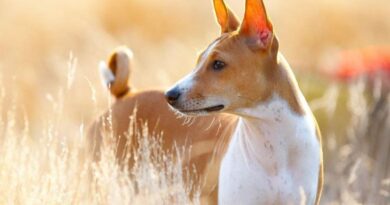As the winter season approaches, it’s important to remember that not all dogs are created equal when it comes to cold weather. Just like humans, some dog breeds are better equipped to handle chilly temperatures than others. If you’re looking for a furry friend to keep you company during the colder months, consider these top 10 cold weather dog breeds that are perfectly suited to embrace the chill.
Must Look at The Cold Weather Dog Breeds
These Cold Weather Dog Breeds, specially adapted to thrive in chilly climates.
1. Siberian Husky
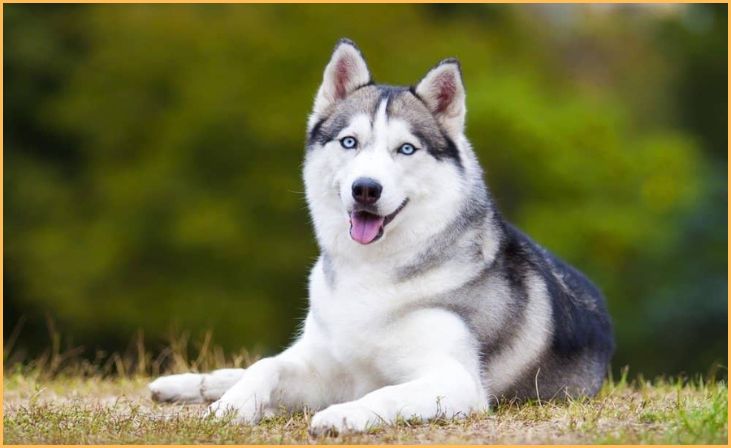
The Siberian Husky is a true cold-weather champion. With their thick double coat and endurance, these dogs are bred for the snow. Their work ethic and adaptability to snowy environments make them perfect companions for outdoor winter adventures.
The Siberian Husky is an iconic cold weather dog, originally bred by the Chukchi people of Siberia. Renowned for their thick double coat, these dogs are built for frigid climates. Their dense fur provides insulation against the cold, while their remarkable endurance and stamina make them adept sled dogs. With striking blue or multicolored eyes, they embody both strength and beauty, perfectly suited for navigating harsh wintry landscapes.
Read also: How to Clean Your Dog’s Ears: A Step-by-Step Guide
2. Alaskan Malamute
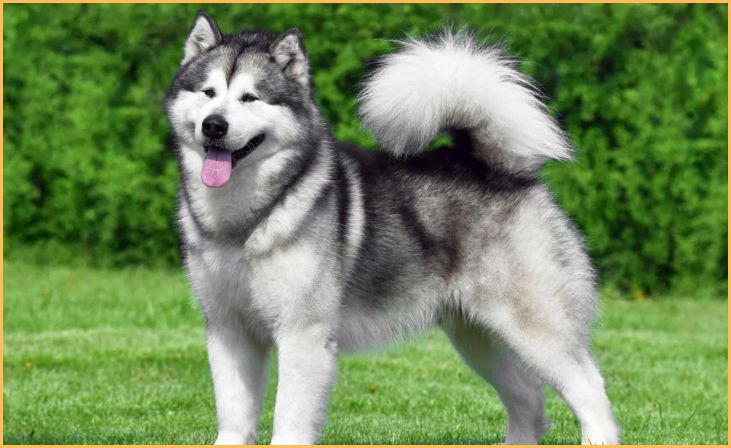
Originally bred as sled dogs, Alaskan Malamutes are a testament to the strength and endurance needed in cold climates. Their powerful build and thick coat help them thrive in chilly conditions, making them a popular choice for those living in colder regions.
The Alaskan Malamute, a breed hailing from the Arctic, is a prime example of a cold weather dog. Known for their impressive strength and robust build, these dogs have a thick, coarse coat designed to shield them from freezing temperatures. Originally bred as sled dogs, their endurance and powerful frame enable them to pull heavy loads through snow-covered terrains. With a friendly disposition and unwavering loyalty, the Alaskan Malamute thrives in cold climates, embodying both resilience and companionship.
3. Bernese Mountain Dog
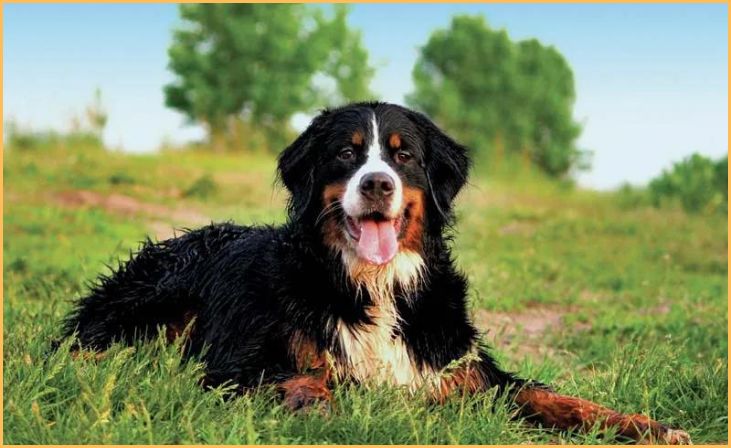
The Bernese Mountain Dog may have a gentle disposition, but their thick, heavy coat is built for the cold. Originating from Switzerland, where they worked on farms, these dogs are well-equipped for colder climates and are known for their loyalty and companionship.
The Bernese Mountain Dog, originating from Switzerland, is a cold weather dog renowned for its gentle nature and striking appearance. Adorned with a thick, tri-colored coat, these dogs are well-equipped for chilly climates. Their dense fur offers insulation against the cold, making them well-suited for mountainous regions and frosty environments. With a robust build and a friendly demeanor, Bernese Mountain Dogs are not just companions but also adept workers, historically assisting farmers in hauling carts and herding livestock in cold, alpine settings.
4. Newfoundland
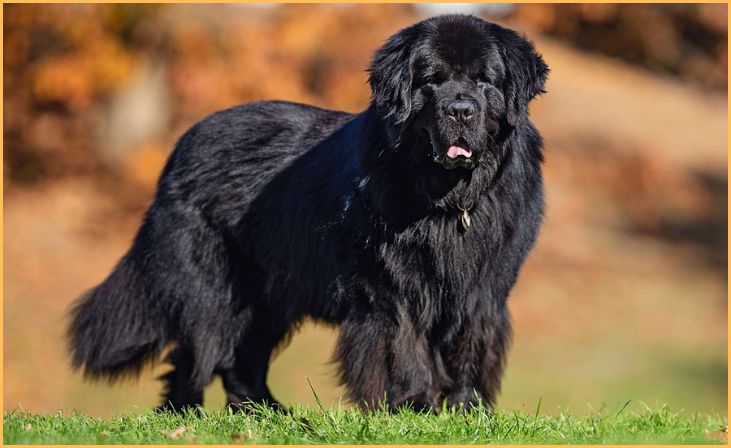
Newfoundlands are gentle giants with a water-resistant coat that acts as insulation against the cold. Their strong swimming abilities and friendly demeanor make them wonderful cold weather companions, especially for families.
The Newfoundland, a cold weather dog, is an impressive breed originating from Newfoundland, Canada. Recognized for its remarkable strength and water-resistant double coat, these dogs excel in colder climates. Their dense, thick fur and webbed feet make them excellent swimmers and adept in icy waters, while their muscular build and innate strength make them ideal companions for tasks like water rescue and hauling loads in wintry conditions. Known for their gentle temperament and loyalty, Newfoundland dogs thrive in cold weather, showcasing both resilience and warmth in harsh environments.
5. Samoyed
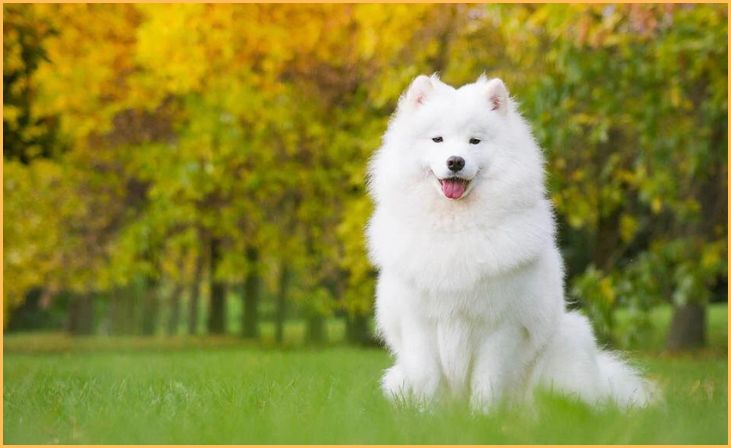
The Samoyed’s dense, fluffy coat is not only adorable but also incredibly functional in cold weather. Bred by the Samoyede people of Siberia, these dogs were originally used for herding and pulling sleds, making them excellent winter partners.
The Samoyed, a cold weather dog with origins in Siberia, is renowned for its stunning, fluffy white coat that acts as a natural insulation against icy temperatures. Bred to endure the harsh Arctic climate, these dogs possess a dense double coat that keeps them warm in cold weather. Their smiling expression and friendly nature reflect their role as both working dogs and beloved companions. Samoyeds’ adaptability and affectionate disposition make them well-suited for cold climates, thriving in snowy landscapes while capturing hearts with their charm and warmth.
6. Saint Bernard
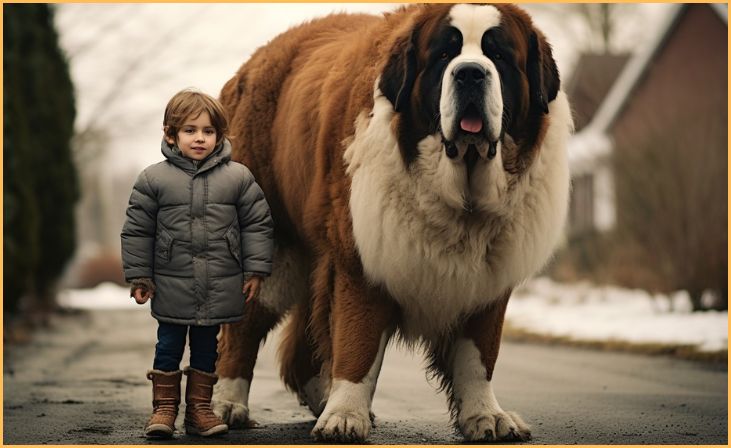
The Saint Bernard is famous for its rescue efforts in the Swiss Alps, where they faced frigid conditions. Their thick coat and gentle nature make them perfect for cold climates. These loyal companions are sure to warm your heart even on the coldest days.
The Saint Bernard, a cold weather dog originating from the Swiss Alps, is famed for its massive size, gentle nature, and resilience in harsh weather conditions. Recognized by their imposing stature and dense, weather-resistant coat, these dogs are well-adapted to cold environments. Historically employed as rescue dogs in the snowy Alps, they possess an innate instinct for navigating through snow and rough terrains, aiding stranded travelers. Saint Bernards’ loyalty, coupled with their strength and endurance, has solidified their reputation as reliable companions in cold weather, embodying both strength and compassion in wintry landscapes.
7. Akita
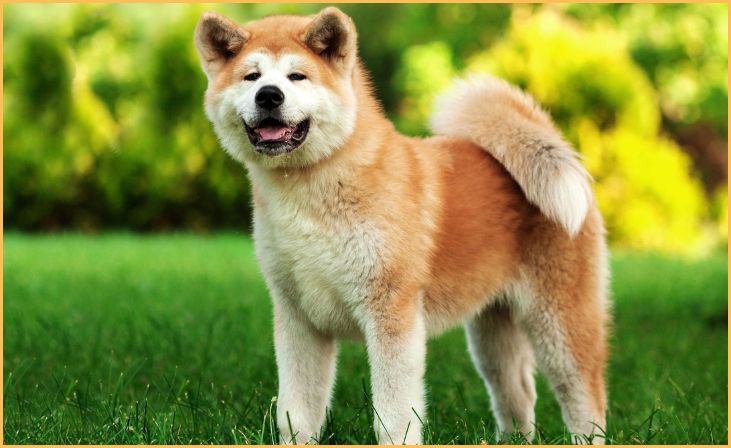
Originating from Japan’s mountainous regions, Akitas have a thick double coat that provides excellent insulation against the cold. Their intelligence, loyalty, and independent nature make them a great choice for those seeking a loyal winter companion.
The Akita, originating from Japan, is a cold weather dog known for its dignified demeanor and sturdy build. Their thick, double coat, consisting of a soft undercoat and a harsher outer layer, provides insulation against cold temperatures. Bred to withstand harsh winters in the mountainous regions of Japan, Akitas exhibit strength, loyalty, and a protective nature. Their robust frame and weather-resistant fur make them well-suited for colder climates, showcasing both resilience and devotion as loyal companions.
8. Tibetan Mastiff
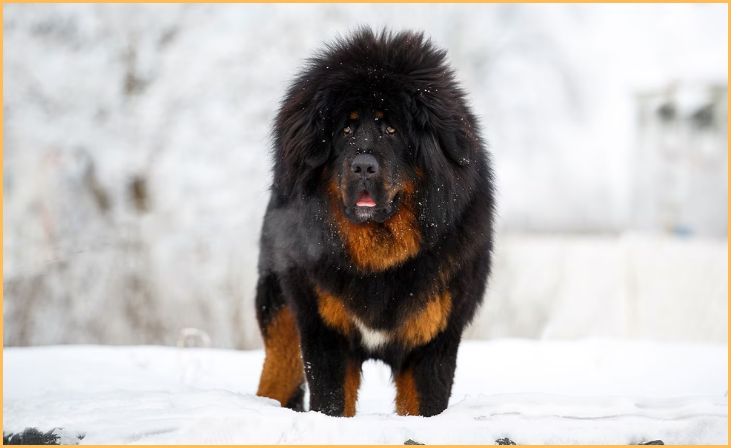
The Tibetan Mastiff hails from the Himalayas, where extreme cold is a part of life. Their weather-resistant coat and protective nature make them well-suited for winter climates. These majestic dogs are sure to turn heads wherever they go.
The Tibetan Mastiff, originating from Tibet, is a cold weather dog revered for its imposing size and protective instincts. Adorned with a heavy, weather-resistant double coat, these dogs thrive in colder climates. Bred to guard livestock and homes in the Himalayas, their dense fur provides insulation against freezing temperatures, enabling them to withstand harsh mountainous conditions. Known for their independence and loyalty, Tibetan Mastiffs are well-suited for cold weather, showcasing both strength and vigilance in challenging wintry landscapes.
9. Norwegian Elkhound

Originally used for hunting in Norway’s cold forests, Norwegian Elkhounds have dense, weather-resistant coats that help them withstand chilly temperatures. Their history as hunters showcases their ability to thrive in colder conditions.
The Norwegian Elkhound, originating from Norway, is a cold weather dog with a robust, weather-resistant coat designed to endure harsh Nordic climates. Renowned for their endurance and versatility, these dogs boast a thick, double-layered coat that shields them from frigid temperatures. Historically used as hunters and guardians in Norway’s challenging terrains, Norwegian Elkhounds showcase both agility and stamina in cold weather. Their keen senses and unwavering loyalty make them well-suited for wintry environments, embodying both resilience and reliability as capable companions.
10. Shiba Inu
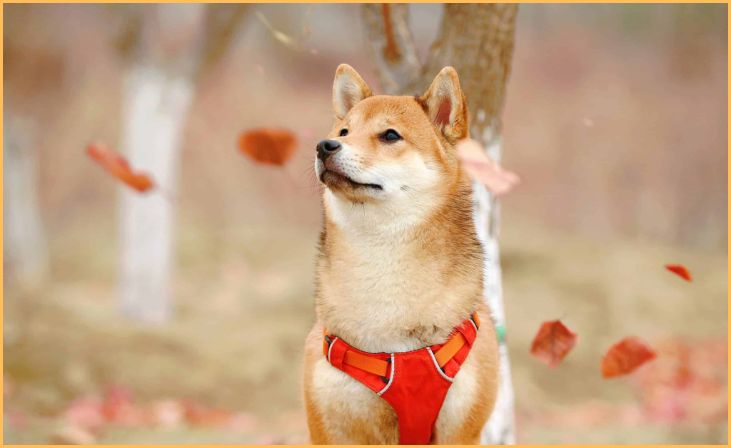
The Shiba Inu’s dense, weather-resistant coat originates from Japan, where they were used for hunting. Their compact size and adaptability to changing weather conditions make them an excellent choice for cold weather living.
The Shiba Inu, originating from Japan, is a breed with a spirited personality and a plush, double coat. While they possess a dense fur that provides some protection against the cold, they might not be as well-suited for extremely harsh winters as other cold weather-adapted breeds. Shiba Inus have a lively and independent nature, but their tolerance to cold weather might vary. It’s essential to monitor them during colder climates to ensure they stay comfortable and provide them with adequate protection if the temperatures drop significantly.
Conclusion
when looking for a furry companion to brave the cold with you, these top 10 cold weather dog breeds offer not only warmth but also loyalty, companionship, and a hearty dose of cuteness. Whether you’re exploring the snow-covered landscapes or cozying up by the fireplace, these cold-loving dogs will be by your side, ready to embrace the chill.
In the realm of cold weather companionship, certain dog breeds truly shine. Their unique traits and adaptations make them well-suited to thrive in chilly environments. From the Siberian Husky’s endurance to the Bernese Mountain Dog’s strength, these top 10 cold weather dog breeds embody resilience, loyalty, and warmth even in the frostiest of climates. As we embrace the wonders of these breeds, it’s crucial to remember that while they may excel in the cold, they still require love, care, and shelter to flourish.
FAQs
These breeds generally thrive in cold weather, but each dog is unique. Factors like coat thickness, age, health, and individual tolerance to extreme temperatures can influence their comfort levels in various cold climates.
Yes, they may need extra protection, like insulated shelters, proper nutrition, and shorter outdoor activities during extreme cold. Their paws might also need protection from ice and salt on sidewalks.
While they’re better suited for cold weather, some can adapt to warmer climates with proper care. However, precautions such as providing shade, ample water, and avoiding excessive exercise in heat are crucial.
Many of these breeds enjoy the cold and might exhibit increased activity in winter. However, it’s essential to monitor them for signs of discomfort, like shivering or seeking warmth.
Yes, maintaining their coats is crucial. Regular brushing helps remove dead hair and ensures their natural insulation remains effective. Trimming excess fur between the paw pads can also prevent ice buildup.


